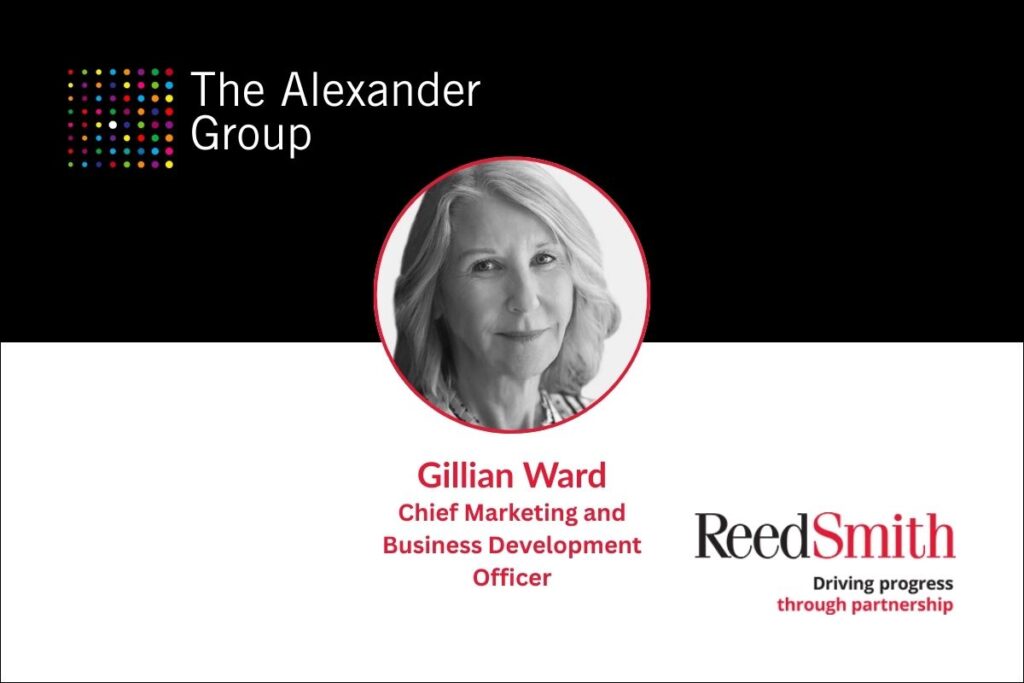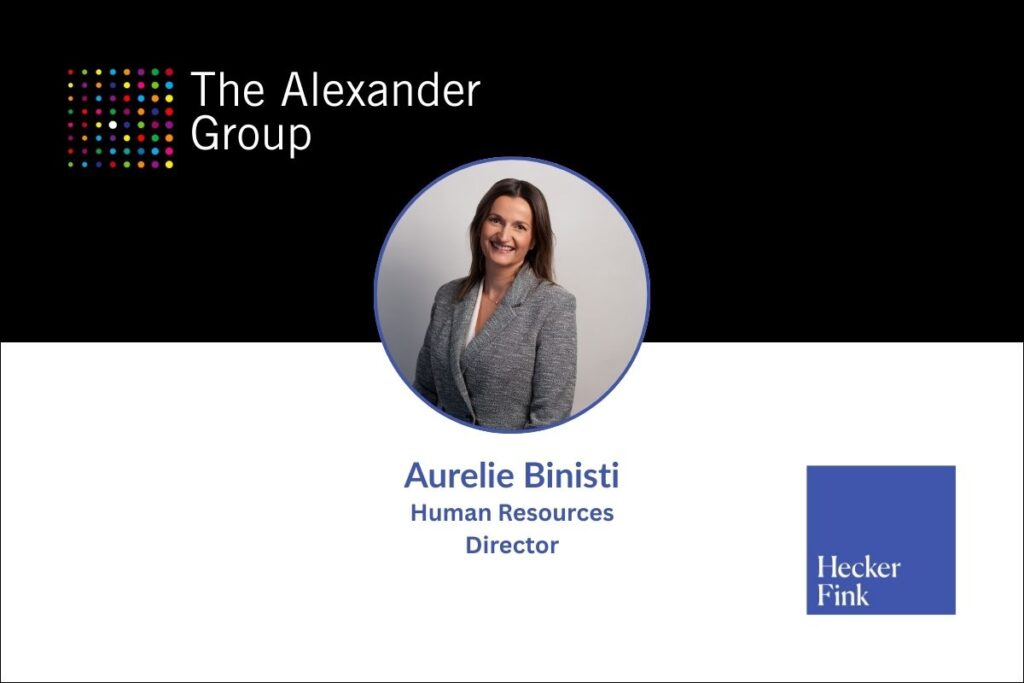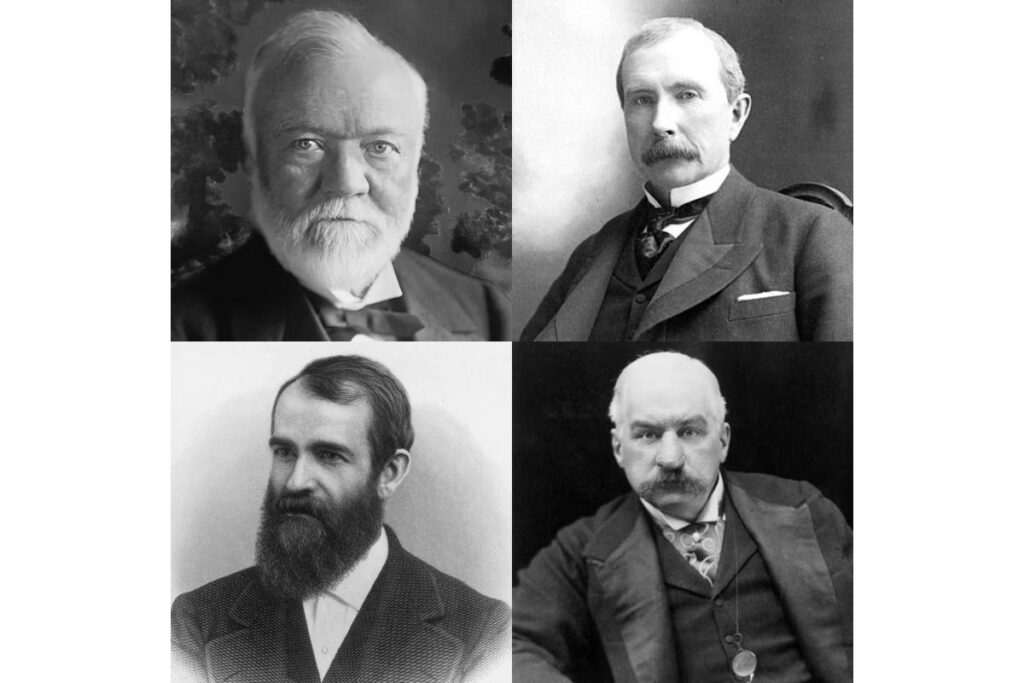
Whether your organization is entering a phase of accelerated growth, preparing for a strategic exit, or solidifying leadership post-investment, identifying an exceptional sales leader is one of the most consequential decisions a company will make.
In my experience conducting searches for sales executives at privately held and investor-backed companies in the lower-middle market, I have witnessed firsthand the transformative impact of the right hire—and the significant cost of the wrong one.
When Founder-Led Sales Reaches Its Limits
In many emerging growth companies, the CEO, President, or founder often serves as the de facto head of sales. Early on, this dual role makes perfect sense. These leaders are frequently the company’s original and most effective salespeople, having built the business one relationship at a time. However, as the organization matures, this arrangement becomes unsustainable. Founders find themselves stretched thin, unable to focus on strategic initiatives as tactical demands consume their time. Without a shift in sales leadership, the company risks stalling just when it’s poised to scale.
The transition to a dedicated sales leader is a critical inflection point—and one that must be handled thoughtfully. A common misstep is promoting the top-performing salesperson into a leadership role. While individual contributors may excel at closing deals, sales leadership requires a distinct set of skills. High-performing sellers drive revenue; effective leaders build systems and teams that scale it. It is the difference between being a doer and becoming a multiplier.
What Sets Sales Leaders Apart in the Lower-Middle Market
Sales leadership in the lower-middle market bears little resemblance to that in large, publicly traded enterprises. Here, sales executives must be both visionary and hands-on. They often operate as both architect and executor, designing scalable systems while still engaging in frontline activities.
This hybrid, “player-coach” model is essential. The most effective leaders thrive in the field alongside their teams, guiding live deals, coaching in real time, and playing a pivotal role in onboarding and developing talent. They lead with humility and purpose, celebrating team success over individual accolades.
Builders First, Leaders Always
In many cases, the sales infrastructure in these companies is either underdeveloped or nonexistent. The outstanding sales leader enters ready to build—or refine—critical systems such as CRM platforms, pipeline definitions, performance metrics, and reliable forecasting mechanisms. They balance data-driven insights with qualitative input, building processes that evolve and scale with the business.
They also bring rigor to prospect prioritization and goal setting. Particularly in private equity-backed environments, these leaders understand how to deliver board-ready reporting, evaluate customer profitability, and focus the team on high-value opportunities. Their decision-making combines analytical precision with seasoned judgment, informed by prior experience in comparable settings.
A Strategic Connector, Not a Silo
Exceptional sales leaders understand that success is a cross-functional endeavor. They collaborate closely with marketing to align messaging and campaign strategy, even when marketing is outsourced. They maintain strong feedback loops with operations and product teams, ensuring promises made during the sales process align with delivery and that customer insights inform continuous improvement. In agile, fast-growing organizations, isolation is not an option.
Culture Begins with Leadership
In growth-stage companies, culture is not defined by mission statements, but by leadership’s behavior. The sales leader sets the tone through transparency, urgency, customer-centricity, and a relentless focus on outcomes. They create a high-performance environment where expectations are clear, accountability is built into the team’s rhythm, and wins are celebrated together.
The Power of Perspective
While internal promotions can be successful, many organizations benefit from fresh leadership, someone who has successfully scaled a sales function in a similar environment. These leaders bring a unique blend of entrepreneurial energy and operational discipline. They’ve seen what works, what doesn’t, and know how to execute with speed and intention.
The Right Sales Leader Doesn’t Just Fill a Role—They Redefine It
Companies in the midst of evolution, expansion, or preparing for a liquidity event should expect that the sales leader hired today will have an outsized impact on the company’s trajectory. These are leaders who architect systems, inspire performance, and scale with clarity and conviction.


















